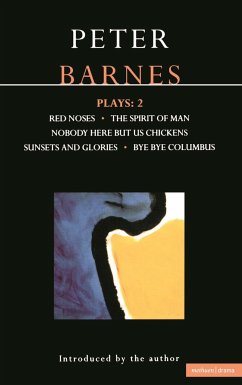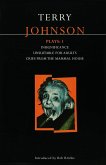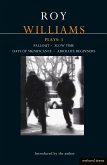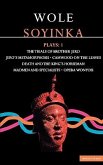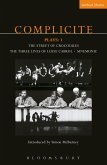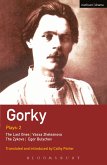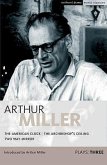A selection of plays by "one of the most original and biting comic writers working in Britain" (The Times) The Spirit of Man is "an ingenious triple-bill exploring Man's need for faith through three short satires based in medieval France, Protectorate England and nineteenth-century Eastern Europe" (Independent); Nobody Here But Us Chickens is a linked trilogy of satires on New Age, corporate and bedroom politics. Red Noses is a political satire about the plague and takes place in 1348. Set in medieval Italy during a crisis in the Church, Sunsets and Glories is "a work of the highest and most thrilling theatrical energy" (Independent on Sunday), whilst Bye Bye Columbus is a "highly entertaining" (Guardian) television play. "Peter Barnes is one of the unrecognised geniuses of the English theatre" (Plays and Players)
Hinweis: Dieser Artikel kann nur an eine deutsche Lieferadresse ausgeliefert werden.
Hinweis: Dieser Artikel kann nur an eine deutsche Lieferadresse ausgeliefert werden.

